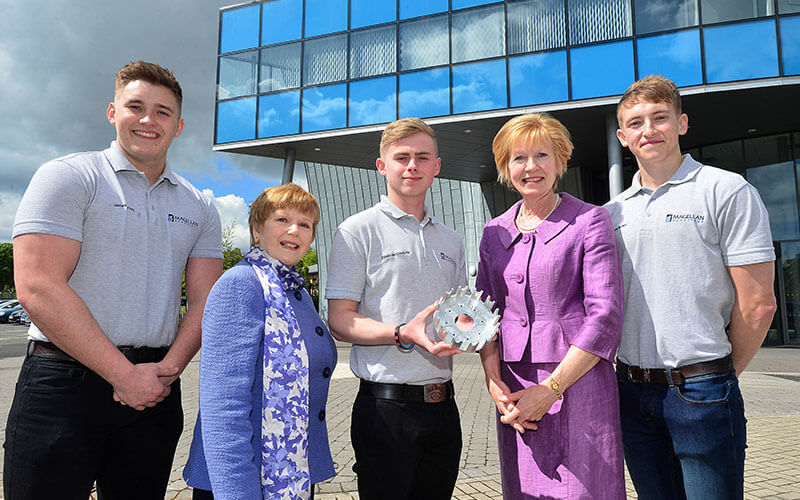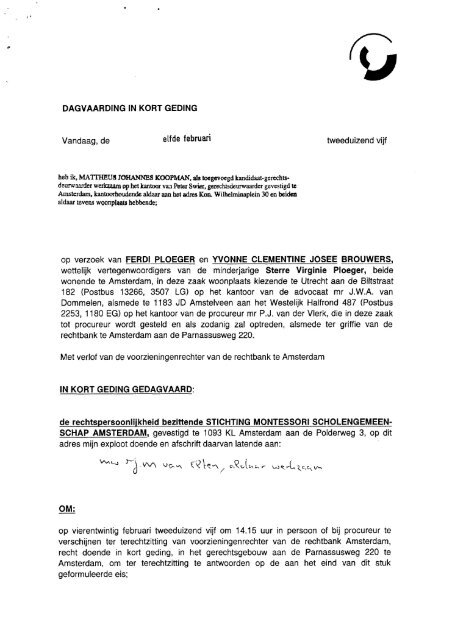Enhancing Shared Learning With Project MUSE: A Guide For Educators And Students

Table of Contents
Leveraging Project MUSE for Collaborative Research Projects
Collaborative research projects are vital for developing crucial skills like critical analysis, information synthesis, and teamwork. Project MUSE provides an ideal platform to support these endeavors.
Finding Relevant Resources
Project MUSE boasts advanced search functionalities designed to efficiently locate relevant materials for any research topic. Its intuitive interface allows for precise keyword searches, Boolean operators (AND, OR, NOT) and filtering options based on publication date, subject area, and publication type.
- Effective Search Strategies:
- Use specific keywords related to your research topic.
- Combine keywords using Boolean operators to refine your search.
- Utilize the advanced search filters to narrow down your results.
- Explore subject headings and related terms suggested by Project MUSE.
- Utilizing Project MUSE's Database Features: Project MUSE offers tools like citation tracking, allowing you to identify related articles, expanding the scope of your research. Its robust indexing and subject classification ensures comprehensive searches.
- Sharing Search Results: Project MUSE allows users to save searches and share them with collaborators, ensuring everyone has access to the relevant research materials. This streamlined process fosters efficient teamwork from the outset.
Analyzing and Synthesizing Information
Project MUSE facilitates the collaborative analysis and synthesis of information through its diverse resource collection. The availability of full-text articles allows for in-depth analysis, promoting shared understanding and critical thinking.
- Collaborative Annotation: Students can collaboratively annotate articles, highlighting key passages and adding comments for shared discussion and interpretation.
- Shared Document Creation: Tools like Google Docs or Microsoft Word can be used in conjunction with Project MUSE to create shared documents summarizing key findings and formulating research arguments.
- Citation Management: Integrating citation management tools like Zotero or Mendeley with Project MUSE streamlines the process of referencing sources, ensuring accuracy and consistency throughout the collaborative research process. This makes collaborative writing more efficient.
Fostering Discussion and Debate using Project MUSE Materials
Project MUSE offers a rich collection of materials perfectly suited to spark engaging class discussions and debates. Its diverse range of perspectives and viewpoints provides ample opportunity for critical analysis and thoughtful consideration.
Selecting Engaging Articles
Choosing the right articles is crucial for successful discussions. Consider factors such as:
- Relevance to the Course Topic: Select articles directly related to the themes and concepts being studied.
- Varied Perspectives: Choose articles that offer diverse viewpoints and perspectives on the topic.
- Appropriate Complexity: Tailor the complexity of the articles to the students’ reading level and comprehension skills.
- Potential for Debate: Select articles that present contrasting arguments or raise controversial issues to stimulate discussion.
Facilitating Online Discussions
Project MUSE can be easily integrated into various learning management systems (LMS) like Canvas or Blackboard, facilitating asynchronous and synchronous discussions.
- Discussion Forums: Create discussion forums within your LMS where students can engage with the articles and share their thoughts.
- Annotation Tools: Utilize annotation tools within the LMS or directly within Project MUSE to encourage collaborative annotation and discussion of key passages.
- Scheduled Online Meetings: Schedule virtual meetings to discuss the articles synchronously, enabling real-time interaction and debate.
- Moderation and Guidance: Provide clear guidelines for online discussions, emphasizing respectful communication and constructive feedback.
Integrating Project MUSE into Different Learning Styles and Pedagogies
Project MUSE is a flexible resource that can be adapted to suit diverse learning styles and various pedagogical approaches.
Adapting to Various Learning Needs
Project MUSE caters to various learning styles through its diverse formats and resources.
- Visual Learners: Utilize images, graphs, and charts within the articles to support visual learning.
- Auditory Learners: Encourage students to summarize articles orally and engage in class discussions.
- Kinesthetic Learners: Incorporate hands-on activities such as creating presentations or participating in group projects.
- Accessibility Features: Project MUSE offers accessibility features such as text-to-speech and adjustable font sizes to support students with disabilities.
Project MUSE and Active Learning Strategies
Project MUSE’s resources are perfectly aligned with active learning strategies.
- Problem-Based Learning: Use articles to present real-world problems and encourage students to research and propose solutions.
- Inquiry-Based Learning: Utilize articles as springboards for student-led research projects.
- Flipped Classroom: Assign readings from Project MUSE as pre-class assignments, allowing class time for discussion and application.
- Lesson Plan Example: A flipped classroom lesson could involve pre-reading an article on a specific historical event from Project MUSE, followed by a class discussion centered around the differing interpretations presented within the article.
Conclusion: Enhancing Shared Learning with Project MUSE
Project MUSE offers unparalleled opportunities to enhance shared learning experiences. By utilizing its robust search capabilities, diverse resources, and integration with various learning management systems, educators can foster collaborative research projects, stimulate engaging discussions, and cater to diverse learning needs. The key takeaways are the efficient research tools, the facilitation of rich discussions, and the adaptability to various learning styles. Start enhancing your shared learning today by exploring the vast resources available on Project MUSE. Discover how collaborative research and engaging discussions can transform your educational journey and unlock the full potential of shared learning, boosting student engagement and knowledge retention.

Featured Posts
-
 Momo Watanabe Holds Onto Tbs Championship Despite Mercedes Mones Request
May 01, 2025
Momo Watanabe Holds Onto Tbs Championship Despite Mercedes Mones Request
May 01, 2025 -
 Get Your Daily Horoscope April 17 2025 Astrological Forecast
May 01, 2025
Get Your Daily Horoscope April 17 2025 Astrological Forecast
May 01, 2025 -
 Analyzing Frances Rugby Prospects Six Nations 2025
May 01, 2025
Analyzing Frances Rugby Prospects Six Nations 2025
May 01, 2025 -
 Kort Geding Kampen Vs Enexis Probleem Stroomnetaansluiting
May 01, 2025
Kort Geding Kampen Vs Enexis Probleem Stroomnetaansluiting
May 01, 2025 -
 Eurovision Stage A Pride Flag Ban
May 01, 2025
Eurovision Stage A Pride Flag Ban
May 01, 2025
